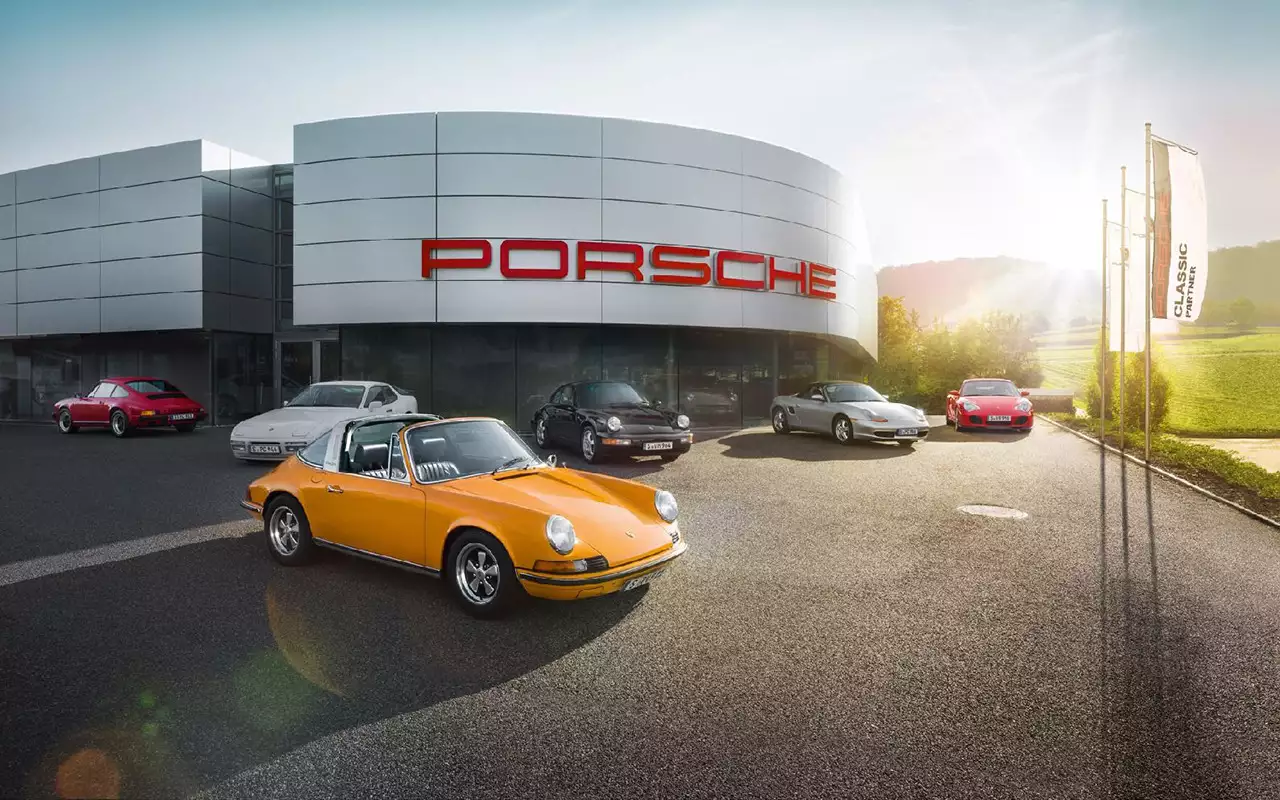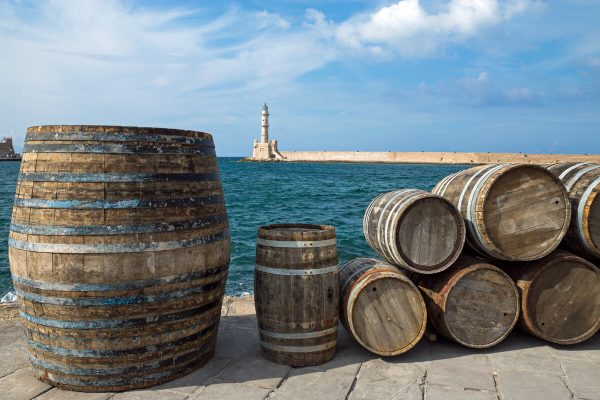Despite opposition from some residents and local parties, Wolfgang Porsche will be able to build a 500-metre tunnel connecting his mansion to a public car park in the city: the city council has approved its construction.
Wolfgang Porsche, heir to the Porsche empire and owner of the Volkswagen Group, bought a mansion in Salzburg in 2020: a villa declared a World Heritage Site. It is located on a hill, not far from the city centre. It can only be reached by a narrow, winding road, which, according to the billionaire, is impassable in winter.
This was his argument in favour of building a tunnel connecting his private car park to a public car park on the other side of the hill, in true Bruce Wayne style: only he will use it. Despite controversy and opposition to the project, the city council has just given the green light for its construction. This road is often used by tourists, as it also leads to a nearby monastery.

The city council claims that it will ‘reduce traffic congestion,’ even if only Porsche and his family will use it.
The tycoon’s new home is Pasinger-Schlössl, also known as Villa Zweig: a huge 17th-century mansion rebuilt by writer Stefan Zweig, where he lived until he fled from the Nazis. Porsche bought it for €8.4 million, which has already caused some confusion, as some members of the city council wanted to turn it into a museum. Now they are working on its redevelopment: they plan to build an underground car park for nine cars, utility rooms, a smoke extraction system and… a 500-metre private tunnel that will connect directly to the public car park on Linzer Gasse.
More than 19,000 residents of Salzburg have signed an online petition against the construction of this underground passage. The Green Citizens movement (Die Grünen in der Stadt Salzburg) has also spoken out against it, arguing in an expert opinion that the permit was limited to parking, not a tunnel through the hill.
Green light for construction. Wolfgang Porsche can build whatever he wants on his land, but he needs permission to build a tunnel through public areas. In March 2024, the 82-year-old millionaire obtained the right to use this land for a small fee of €40,000. It was granted to him by the previous mayor. The Green Party notes that this agreement was signed without the knowledge of the municipal council.

Bürgerliste unsuccessfully attempted to stop the construction: on Thursday, 4 September, the Salzburg City Committee voted to approve the construction of the tunnel. Only two parties opposed the decision at the city council plenary session: KPÖ Plus and the Green Citizens’ List.
This decision means that the building permit for this underground passage has been issued exclusively for private use. There is only one step left before construction can begin: review of the project by the federal state of Salzburg. According to The Times, a senior representative of this department has already expressed his support, so the project is expected to receive final approval.
‘Special treatment for the super-rich.’ The rejection of this project demonstrates the privileged treatment of wealthy citizens. ‘We don’t want billionaire Wolfgang Porsche to dig up the Kapuzinerberg to get to his underground garage through state land,’ said an online petition supported by tens of thousands of citizens.

The Bürgerliste also expressed its outrage at the approval of the construction: ‘There are still many unresolved legal and factual issues. However, the ÖVP, SPÖ and FPÖ [who voted in favour] refused to invite experts to the next meeting for an open discussion of this issue.’
For private use, but in the ‘public interest’. The vote in favour was based on a report by the Salzburg Planning Committee, which concluded that the project, despite its private nature, was in the public interest as it would relieve traffic congestion on the road leading up the hill.
However, this tunnel is not intended for use by anyone other than Porsche, his family and friends: they will be the only ones who can avoid traffic jams on the narrow road that tourists usually take to visit the monastery.





